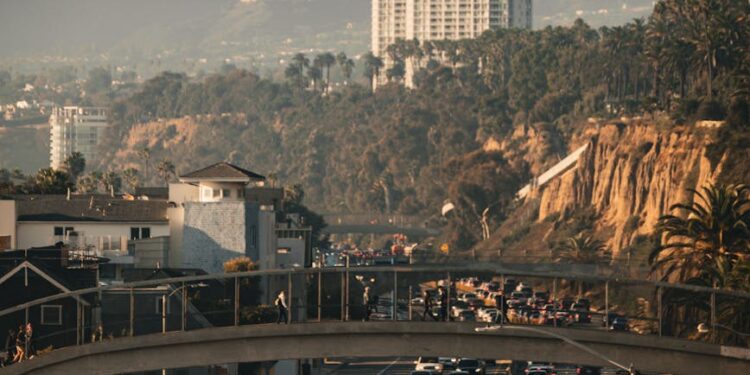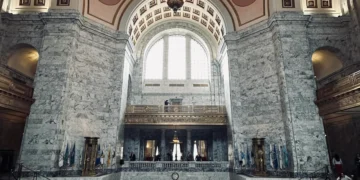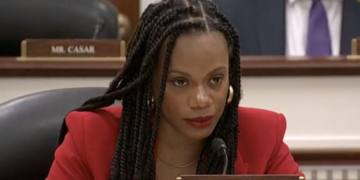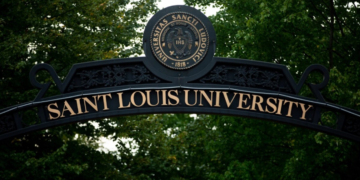Jan 15, 2025 Story by: Editor
As a Latina student from a low-income minority background, I’ve come to understand that education and knowledge are not just privileges but responsibilities. They empower us to drive systemic change. In Berkeley, this understanding takes on new importance as we collectively educate ourselves about issues that affect marginalized communities and shape our society’s future. One such critical topic is the ongoing fight for Black reparations—a challenge to confront and address the deep-seated legacies of inequality within our community. By the end of this article, I hope readers will reflect on why this effort is so crucial for societal growth.
During this semester at UC Berkeley, I took an American Cultures course examining how race, ethnicity, and public policy intersect to create inequalities. The concept of Black reparations, though rooted in historical injustices, was entirely new to me. However, I quickly realized it’s not just a historical matter—it’s a living, unfolding issue right here in Berkeley. The effects of systemic and racial disparities are evident in housing, education, and resources, disproportionately affecting Black Americans. Black reparations are not just theoretical; they’re a pressing local issue demanding our attention.
Berkeley is among several municipalities leading efforts to turn the vision of Black reparations into reality. I was fortunate to learn from a professor involved in the Berkeley Unified School District (BUSD) Reparations Task Force. Their insights sparked my curiosity, leading me to explore the origins and significance of this initiative.
Historical precedents for reparations, such as compensation for Japanese Americans interned during World War II or Germany’s reparations for Holocaust survivors, serve as blueprints for contemporary efforts. For Black Americans, reparations are central to many civil rights and racial equality movements. In Palm Springs, a recent $27 million settlement compensated Black and Latino families displaced in the 1960s. Following the George Floyd protests in 2020, conversations around systemic injustices affecting Black communities were reignited in Berkeley and across the nation. That same year, BUSD formally acknowledged the structures and symbols perpetuating racism and inequality in a landmark resolution passed in June.
Recognizing this long-overdue acknowledgment, community members united to form the BUSD Reparations Task Force in March 2023. The task force was created to address reparations for Black students in the district who are descendants of enslaved individuals in the U.S.
The task force included 15 unpaid volunteers comprising BUSD staff, community members, and students. Their mission was clear: “In response to the legacy of chattel slavery in the U.S., BUSD seeks to explore the establishment of a program of reparations for BUSD students with ancestors who were enslaved in the U.S.” Notably, this was the nation’s only cross-racial Black reparations task force, aside from Don Tamaki’s work on California’s state-level task force. While Black voices are vital in leading these efforts, cross-racial solidarity is equally essential, framing reparations as a societal issue rather than a “Black issue.” Such collaboration fosters dialogue, education, and the coalition-building necessary for sustained progress.
The BUSD Task Force focused on three primary questions: What should reparations look like? How can they be funded? How should they be implemented? Through monthly meetings and consultations with unpaid professionals, the task force worked diligently, presenting their final recommendations to BUSD in June 2024. Now, it is up to the district to act on these recommendations. However, community members also have a role to play, whether by voting for ballot measures to fund reparations or advocating for tangible change.
The Black reparations movement in Berkeley and beyond faces challenges inherent in community-based advocacy. While local initiatives spark monumental change, large-scale progress requires federal support and funding. In this regard, students and community members in Berkeley—known for its diverse, educated population and history of activism—have a unique role to play.
The strides being made in Berkeley highlight the power of community collaboration. Intersectional solidarity across different groups is vital for ensuring that reparations evolve from a local effort into a broader movement for societal change. By supporting coalitions pushing for ballot measures or donating to initiatives, we can actively contribute to creating a progressive and equitable future.
Everyone has a part to play in this movement. The work of the BUSD Task Force is a vital first step, but real progress depends on collective action. Engage with the task force’s report, advocate for funding measures, and support community efforts. For those able to contribute financially, donations help expand resources and further the cause. By staying informed and taking action, we’re not just supporting a cause—we’re building a legacy of justice and equity. Now is the time to transform awareness into action and create history together. Source: The Daily Californian

















